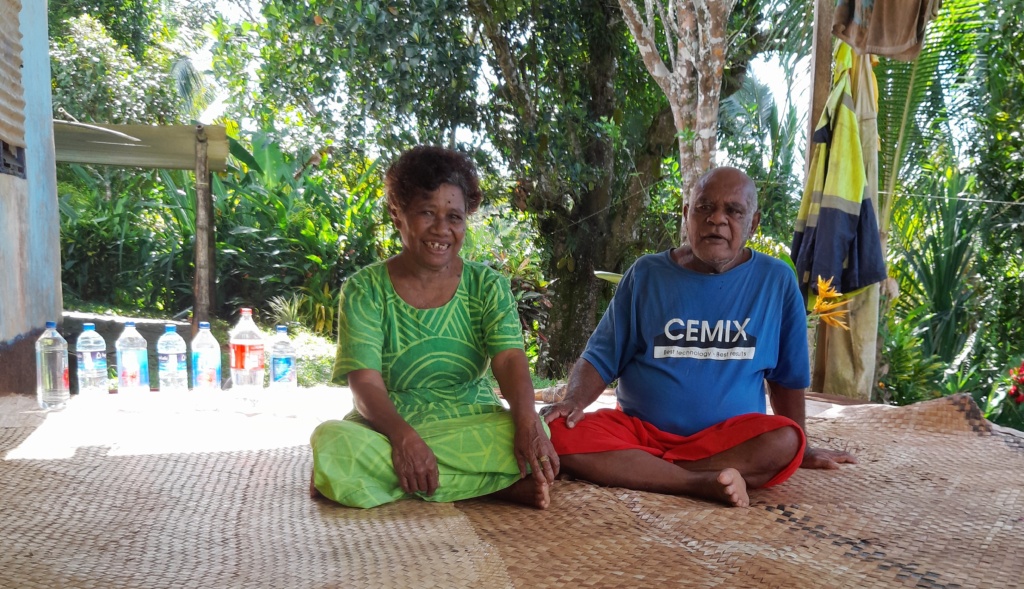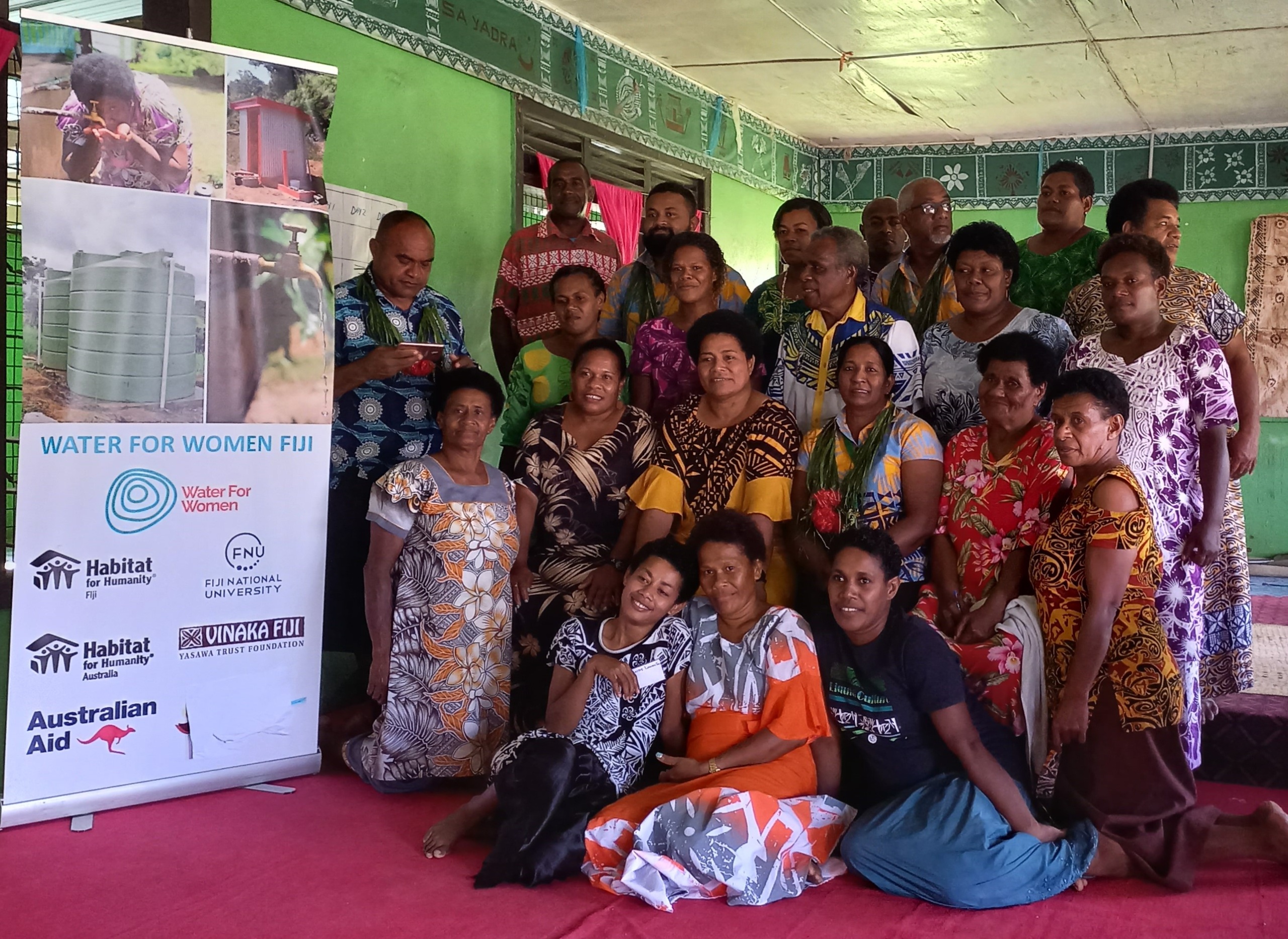The Water for Women (WfW) project is engaging and mobilising 18 rural communities to understand and collect WASH data, which is used to inform and prioritise plans for improving community WASH infrastructure and behaviours. The project delivers a series of community engagement workshops, as well as consultations with district and national-level government authorities. These activities advocate for the collection and use of global Joint Monitoring Program (JMP) data for more informed WASH decision-making, whilst facilitating grass-roots community mobilisation to improve access to WASH services.

The community workshops have equipped local committees with the knowledge, skills and tools to conduct water audits of their community water supply system, including risk assessments and water testing. The information they collect is then used to develop water improvement plans.
In the Burenitu community, the water audit of 100 households assessed the community’s two primary drinking water sources – surface water from a creek stored in a communal reservoir tank and rainwater stored in household water tanks.
The water committee used the audit data collected to develop plans to improve the community drinking water supply, including upgrading existing rainwater harvesting systems to include first flush devices, promoting Solar Water Disinfection (SODIS) and establishing an inspection and maintenance schedule for all community water infrastructure. The audit data has also been used to support the community’s request for government funding to install a new borehole to establish a groundwater source within the community.
“After a month of drinking SODIS treated water, I visited the village nurse and doctor and they told me the diarrhea cases had decreased, particularly among the children.”
As a result of the WfW project, committee members are now able to understand and analyse data to effectively plan to address their WASH needs using locally based solutions as well as leveraging the knowledge and experience of skilled community members.
Adi Makubuna, Burenitu WASH committee secretary, has become an advocate for change in her community and in others outside the scope of the project. Adi has a family living in two nearby communities called Molituva and Nasukamai. Both face significant challenges with accessing safe drinking water.
Adi shared her knowledge of water audits gained through the project with members of Molituva and Nasukamai settlements and supported them to carry out WASH audits of their communities. “It was extremely important for me to share [my knowledge] because the water for Molituva is mainly sourced directly from the creek during periods of drought”, Adi said.
Four households in Molituva and six households in Nasukamai now practice SODIS. Ulita Nakewa from Molituva says, “Before SODIS, we experienced health issues such as diarrhoea. Through Adi Makubuna, we have come to learn about SODIS, and we have been practising it for a few months now. We are now seeing the changes in our health, especially with regards to drinking water.”
Adi Makubuna is working closely with Molituva community members to continue improving their access to WASH. Plans are underway to establish their own local water committee.
Since 2018, Habitat for Humanity Australia and Habitat for Humanity Fiji have been implementing the Water for Women project which receives support from the Australian Government to deliver a participatory and
socially inclusive community project in Fiji.


